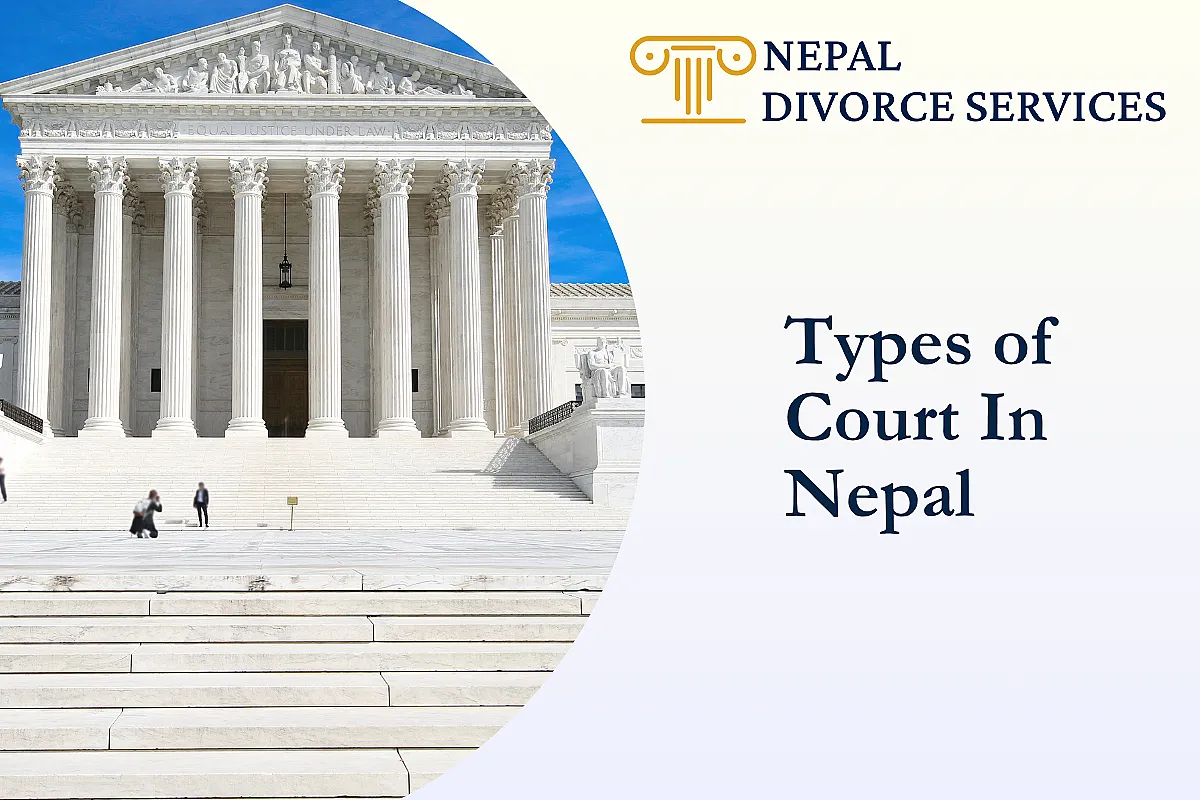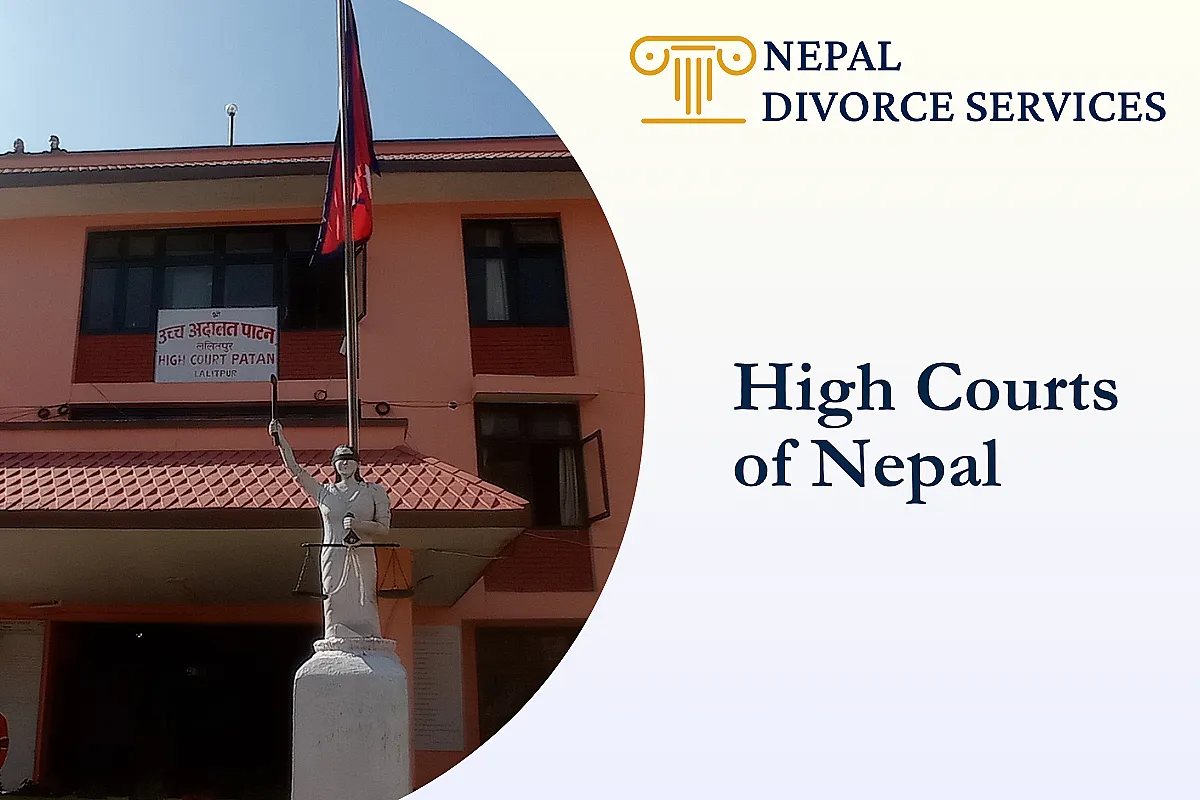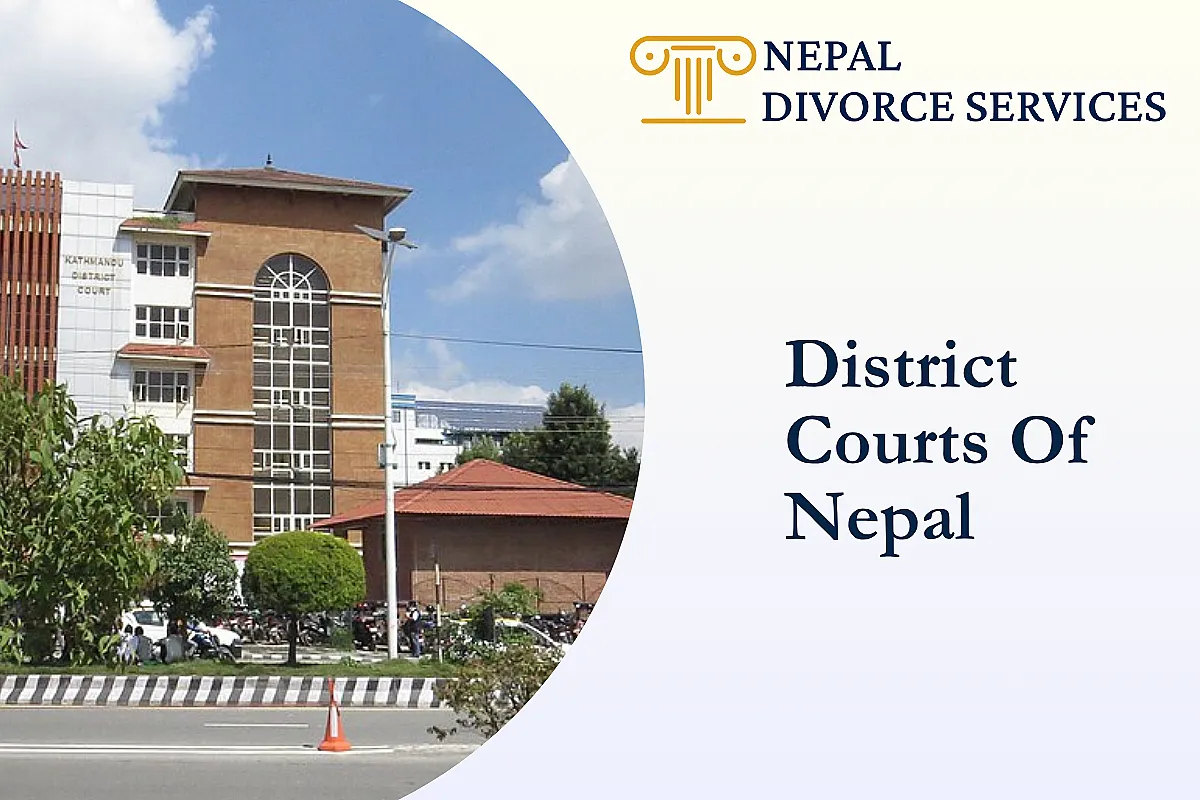Tag : Civil Litigation Lawyer
Divorce In Nepal: Everything You Need to Know
Divorce in Nepal is a legal procedure governed by the Marriage Registration Act, 2028 (1971). This article outlines the grounds for divorce, the step-by-step process, and the legal requirements necessary to navigate divorce in Nepal. As divorce becomes more common, especially in urban areas, understanding these details is crucial for anyone considering ending their marriage.
The Benefits of Hiring a Personal Injury Lawyer
Personal injury is any harm or damage caused to a person's body, mind, or emotions due to someone else's negligence or wrongful act. It can include physical injuries, such as broken bones, cuts, burns, or bruises, as well as psychological injuries, such as stress, anxiety, depression, or post-traumatic stress disorder (PTSD). If you have suffered a personal injury in Nepal due to someone else's fault, you may be entitled to claim compensation for your losses and damages. However, pursuing a personal injury claim can be a complex and challenging process that involves various legal and technical issues. That is why it is advisable to hire a personal injury lawyer who can help you with your case and protect your rights and interests.
Resolving Disputes in Nepal
Resolving Disputes in Nepal is a vital topic that affects the rights and interests of individuals, businesses, and organizations. According to my search, disputes in Nepal can be resolved through various methods, such as litigation, arbitration, mediation, negotiation, etc. The choice of the method depends on the nature, complexity, and urgency of the dispute, as well as the preference and agreement of the parties involved.
Real Estate Law in Nepal
Real estate law in Nepal is a complex and diverse topic that covers various issues and aspects of property rights, transactions, and disputes. This article provides an overview of the main issues and aspects of real estate law in Nepal, such as ownership, transfer, valuation, and dispute resolution. It also discusses the sources and authorities of real estate law in Nepal, such as the Constitution of Nepal, statutory laws, customary laws, and judicial decisions. These sources and authorities provide the legal basis and principles for the regulation and administration of property rights, transactions, and disputes in Nepal. The article also addresses the challenges and problems related to real estate law in Nepal, such as lack of proper documentation, registration, measurement, valuation, management, maintenance, awareness, education, coordination, cooperation, transparency, accountability, access, affordability, capacity, competency, enforcement, and implementation. It also suggests some possible solutions and recommendations to overcome these challenges and problems, and to ensure the protection, promotion, and fulfillment of the real estate law in Nepal.
Types of Court In Nepal
Nepal is a country with a rich and diverse legal culture that reflects its history, geography, and society. The Nepali judicial system consists of various types of courts and judicial bodies that exercise the powers relating to justice by the Constitution, laws, and recognized principles of justice. In this article, we will explore the types of courts in Nepal, their jurisdiction, composition, procedure, and functions. We will also discuss how the Nepali courts handle family-related issues, such as divorce, separation, child custody, and alimony, and how you can get the best legal advice and representation from Nepal Divorce Services, the leading divorce law firm in Nepal.
High Courts of Nepal
The High Court of Nepal is the second highest court in Nepal and the first appellate court for most of the cases in the country. The High Court also has original jurisdiction over some types of cases. The High Court plays an important role in ensuring justice, protecting fundamental rights, and interpreting laws in Nepal. In this article, we will explore the history, composition, jurisdiction, procedure, and functions of the High Court of Nepal.
District Courts Of Nepal
The District Court of Nepal is the lowest level of court in Nepal and the first instance court for most of the cases in the country. The District Court has original jurisdiction over civil and criminal matters, as well as some other matters as prescribed by law. The District Court also hears appeals from the judicial committees of the local levels, which are the lowest level of judicial bodies in Nepal. The District Court plays an important role in providing access to justice, resolving disputes, and maintaining law and order in Nepal. In this article, we will explore the history, composition, jurisdiction, procedure, and functions of the District Court of Nepal.
5 Reasons to Hire a Top Lawyer in Nepal for Your Legal Issue
If you are facing a legal issue in Nepal, whether it is a civil, criminal, family, business, or any other matter, you may be wondering whether you need to hire a lawyer or not. While some legal issues can be resolved without the help of a lawyer, such as minor disputes or simple transactions, others may require the expertise and guidance of a professional legal representative. Hiring a top lawyer in Nepal can make a significant difference in the outcome of your case and protect your rights and interests. Here are five reasons why you should hire a top lawyer in Nepal for your legal issue:
Power of attorney (POA) in Nepal
Power of attorney is a legal document that allows you to appoint someone to act on your behalf in certain matters. It can be very useful in situations where you are unable to handle your own affairs, such as when you are living abroad or going through a divorce. However, it is also a serious responsibility that requires careful consideration and drafting. Nepal Divorce Services can assist you with any power of attorney issues related to divorce and family law in Nepal. Contact us today for a free consultation and find out how we can help you.
Cheque Bounce in Nepal
A bounced cheque happens when the payee is unable to access the funds because the bank rejects the cheque, usually due to insufficient funds or mismatched signatures. In Nepal, the Negotiable Instruments Act 2034 (1977) and the Banking Offences and Penalties Act of 2064 (2008) outline the procedures for handling bounced cheques. Legal action can be taken either through civil lawsuits or criminal prosecution, depending on the intent and circumstances. Fines, penalties, and imprisonment range based on the cheque amount, with serious violations leading to up to five years of imprisonment. To avoid these consequences, it is important for individuals to ensure financial transparency and fund availability when issuing cheques.
Property Law in Nepal
Property law in Nepal governs various aspects like land purchases, property disputes, rental agreements, and ownership transfers. At Nepal Divorce Services, we offer expert legal guidance in property-related matters. Our experienced property lawyers handle disputes, agreements, registrations, and more, ensuring a smooth legal process for all property transactions. Whether you need help with a land purchase, a boundary dispute, or legal advice on rental matters, our team is here to assist. Contact us today for reliable and efficient property law services in Nepal.

-medium.webp)







-in-Nepal-medium.webp)

